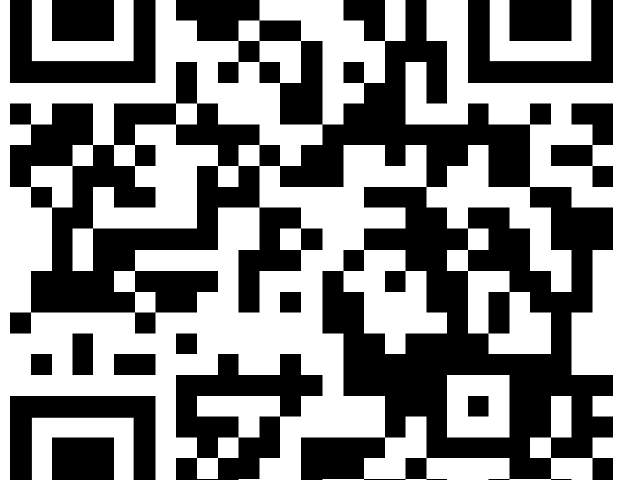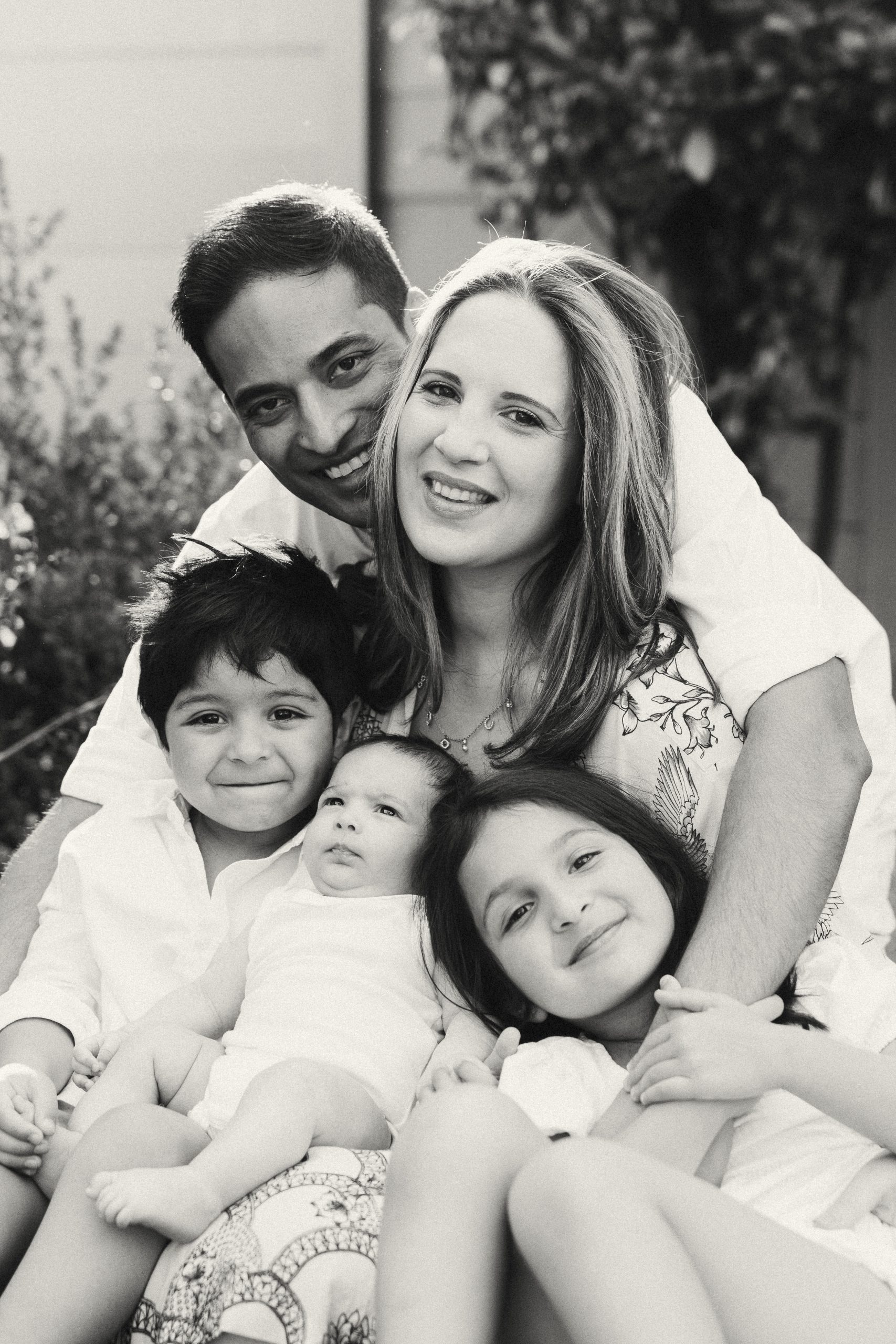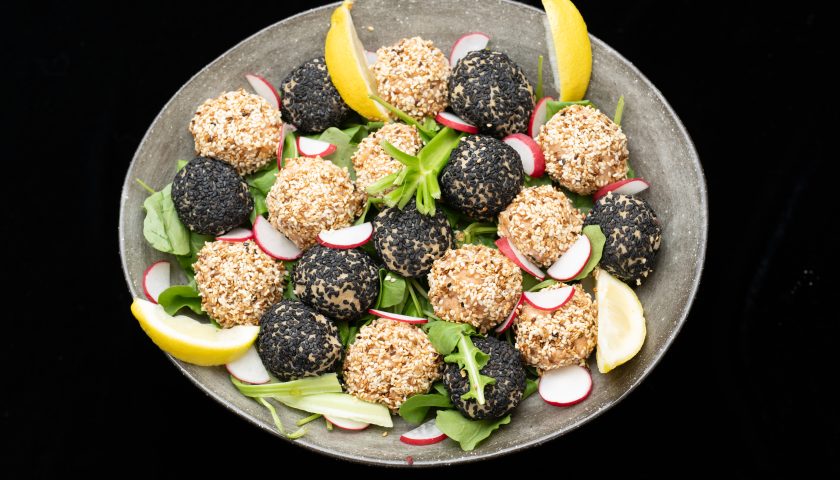Beyond life, beyond loss
by Elka Cohen
For Dikla Benloulou Naidoo and Lureshan Naidoo, the birth of their third child was nothing short of a miracle. After enduring multiple failed IVF attempts, their circle was finally complete with him. They named him Yahav – after a character from a beloved Hebrew storybook they often read to their two older children. The name, meaning “Cast your faith in G-d and He will sustain you,” reflected not only their painful journey to conceive him but also the immense joy his birth brought to the family. So deep was their gratitude that, instead of bringing gifts, guests at Yahav’s Brit Milah were asked to donate to the Malka Ella Foundation and Hatzolah in his name. And so, his life began with the mitzvah of helping others.
Yahav, z”l, came into the world with a quiet, soulful intensity. As seasoned parents, Dikla and Lureshan threw out the rulebook: he never slept alone, always nestled in their arms or by their side, wrapped in the warmth of being deeply wanted and endlessly loved. “As we knew this would be our last baby, we savoured every moment with him,” says Dikla. To Dikla and Lureshan, Yahav was joy made visible: playful, radiant, full of smiles and deep belly laughs. His bond with his older siblings, Shaiyah (8) and Ilai (6) was unshakeable. The five of them shared the unique bond of a family tightly woven together by a long-awaited wholeness.
A Mother’s Instinct and the Race Against Time
Despite a healthy pregnancy and birth closely monitored by their medical specialists, Dikla’s motherly intuition stirred unease as Yahav grew. “When he started solids at six months, I noticed he wasn’t eating well. Feeding, which should have become easier, only got harder,” she recalls. Yet, despite repeated visits to the paediatrician, no one suspected the gravity of what was to come.
By July 2024, on a family holiday shortly before his first birthday, more signs of strain became impossible to ignore. Yahav refused to eat, he was irritable and became more restricted in his movements. When Yahav woke up one morning with facial swelling, Lureshan’s first thought was an allergic reaction – but deep down, Dikla knew it was something more. For months prior, her concerns had been dismissed or explained away by the family paediatrician. This time, she refused to back down. “I told the paediatrician, ‘You’re admitting my son today. Run every test. I know something’s not right.’” That day, finally, Dikla’s insistence was heeded, and Yahav was admitted.
After numerous scans, tests and prodding to rule out possible conditions, a late-night diagnosis completely shattered the family’s world. On 10 September 2024, a leading South African paediatric cardiologist, delivered devastating news after a gruelling two-hour echocardiogram. Yahav was diagnosed with Restrictive Cardiomyopathy (RCM) – a rare and aggressive heart condition that robs the heart of its ability to relax and fill with blood. It left their baby fighting for his life, and his parents racing against time. His only chance of survival: a new heart.
“There is no transplant programme for infants or children under the age of nine here in South Africa,” the doctor told his shocked parents. “You should go home and make memories.” Dikla and Lureshan refused to accept this fate, waste any time dwelling on the diagnosis or surrender to despair. “We were shattered, but determined to save our son,” Dikla recalls. From Australia to the USA, and Europe to India, they reached out to specialists across continents – chasing every possible lifeline, clinging to any glimmer of hope. Among them was Schneider Children’s Medical Centre in Israel, a world-renowned hospital and centre of excellence in paediatric cardiology. “Schneider responded immediately, even offering to fly their own team to South Africa to perform catheterisation and surgery”, recalls Dikla, “on condition that we were able to secure a place on the transplant list in South Africa.”
In a time of utter devastation, Schneider became a beacon of hope. “These were not just doctors,” Dikla explains, “they were warriors of hope, who gave us comfort when we had none.” From the moment they connected, the team at Schneider reached out with compassion and determination, making Yahav their number one priority, given the severity and rarity of his diagnosis.
Finding Hope and Love in Israel: Amidst the Chaos of War
On 25 September 2024, they submitted their Aliyah application, Yahav’s condition necessitating urgent care and a long-term move to Israel. Just 36 days after Yahav’s diagnosis, the Benloulou Naidoo family arrived in Israel. It was a whirlwind of paperwork, packing, and heartache – all while hoping and praying that Yahav wouldn’t deteriorate, stuck in South Africa with no viable treatment available. Their two older children were devastated to leave behind their home, friends and school, yet they rose to the occasion with remarkable strength. “They became Yahav’s superheroes, determined to save their brother,” Dikla says, her eyes welling with tears.
The family’s network of friends and family wrapped the Benloulou Naidoos in a blanket of support – offering meals, prayers, and practical assistance. The burden of suddenly uprooting their lives felt more manageable as people stepped up to help them in preparation for the unknown. That support became a source of strength amid the flurry and chaos of the time. “People from all over the world – strangers and friends – were eager to help in any way possible, without us having to ask. It was the epitome of humanity and kindness, and it provided us with the light we needed in a time that felt impossibly dark,” Lureshan reflects.
Upon arrival at Schneider, the Benloulou Naidoos stood in reverent awe of the depth of compassion and clarity they were met with from the medical team; it went beyond medicine. A WhatsApp group connected them directly with a team of 20 doctors and specialists. An 8-hour consultation on arrival provided them with immediate reassurance in a time of deep fear and uncertainty. “We finally felt seen,” Lureshan shares, “Not just seen, but prioritised!” Dikla adds. The team at Schneider offered relief and comfort to the emotionally exhausted parents.
As the Benloulou Naidoos fought to save Yahav’s life within the protective walls of Schneider Children’s Medical Centre, rocket fire raged outside. Sirens pierced the hospital corridors, forcing families – even in the ICU – to leave their rooms and seek shelter beneath fortified stairwells. In one such moment, Dikla found herself sitting beside a mother from Gaza. “I held Yahav, my 14-month-old, in my arms while she cradled her eight-month-old son, who was connected to a Berlin Heart – an artificial heart device, known as a VAD, funded by the Israeli government,” she recalls. Amid the chaos and conflict, two mothers – on opposite sides of a deep and painful divide – shared a fragile connection. “There we were,” Dikla says, “two mothers with our sons, crouched beneath a stairwell in an Israeli children’s hospital, while war raged between our people outside.” In that moment, they were not enemies shaped by history or politics, but simply two parents – clinging to their faiths, bound by fear, and desperate to save their children in the hands of the country’s top paediatric specialists.
Dikla shares another poignant memory from her journal, “Yahav was cared for by an Israeli Arab Muslim nurse who tended to him with a love that crossed every barrier.” During Yahav’s final hours, this nurse’s tireless devotion and compassion brought great comfort. They hugged and cried together. “We weren’t Jews or Muslims or Christians. She saw me as a mother – broken open by fear and pure love.” A love that transcended any culture, religion, or conflict. Dr. Efrat Bron-Harlev, CEO of Schneider Children’s Medical Centre, speaks passionately about the hospital’s unique mission. “Schneider is the only standalone paediatric hospital in the Middle East,” she explains. “We hold an unwavering commitment to treat every child, regardless of origin. We serve as a bridge for peace and healing – offering hope, comfort, security, and the highest standard of care.”
As a centre of international renown, Schneider receives referrals from across the region and beyond – including Asia, Africa, and Europe. Since October 7, the hospital has also cared for children released from Hamas captivity.
A Pure Heart Carried Home
Yahav’s case left a lasting impression on Dr. Ofer Schiller, Head of the Cardiac ICU. “When Yahav arrived, he was in overt heart failure. We rapidly escalated care with medications and began discussions about potential ECMO and Berlin Heart devices,” Dr. Schiller recalls. After catheterisation to list Yahav for transplant, his condition deteriorated swiftly. Faced with heartbreaking choices, his parents made a profoundly courageous decision. “They chose to prioritise Yahav’s dignity and comfort over further invasive interventions,” Dr. Schiller says. “It was the most noble act of love and bravery – to let him go peacefully.” Yahav passed away in his parents’ arms, surrounded by the warmth of the ICU team watching over him – a moment forever etched into the memories of all who cared for him. “His case still lives in our hearts,” Dr. Schiller says quietly. “We remember the Benloulou Naidoos with great admiration.”
The family’s final days together at Schneider were marked by moments of simple joys too – a giant pizza shared in high care, a picnic in the hospital gardens where their children sang, danced, and played together. “We thought this was just the beginning of our long journey,” Dikla recalls softly, “but just over a week later, it was the end.” With both Restrictive Cardiomyopathy, a newly discovered sudden pulmonary hypertension and arrhythmia, Yahav’s already fragile heart was facing an impossible storm. Even with every possible intervention and all the hope in the world, his little heart could fight no more. “Grief is uncomfortable for others to witness and be around,” she says, “but for grieving parents, it’s merely love with nowhere to go.” One of the most painful reminders of that love came in a physical form – Dikla’s body continued producing breastmilk for three weeks after Yahav passed. “That was really tough,” she admits through tears. And yet, from this deep pain, they are channelling purpose.
Choosing to bury Yahav in Israel felt both natural and sacred. “It made sense that we were in Israel – like we were meant to bring his soul home,” Dikla and Lureshan reflect.
Amid the heartbreak of holding their child on the fragile line between life and death, they found unexpected solace in a framed Psalm 51:12 on the wall of the cardiac ICU unit: “Create in me a pure heart, O G-d, and renew a steadfast spirit within me.” Those words stayed with them. Today, they are carved on Yahav’s gravestone – a lasting reflection of his soul and the love that carried him home.
The family holds close the Kabbalistic teaching that a person dies when their name is forgotten. With fierce love and unwavering commitment, they vow to keep Yahav’s memory alive by ensuring his name is spoken. Tzaddikim bemitatam nikra’im chayim – the righteous, even in death, are called alive. One of the ways this life-force is sustained is by the invocation of their name, the continuation of their influence, and the fulfilment of their soul’s mission through those still living.
The Yahav Foundation: One Child’s Light Lives on
From this grief, a new purpose was born: The Yahav Foundation. “The foundation is young – just like Yahav was,” says Dikla. “We are building it slowly and intentionally, allowing space for both grief and growth.” Their mission is twofold: to support Schneider’s Cardiac ICU, where Yahav received such tender, expert care – and to provide urgent medical assistance to South African children facing life-threatening conditions.
Dr. Schiller, who treated Yahav, underscores the importance of the initiative: “Our ICU is less than half the recommended size. We plan to upgrade and expand but need the support from good people.” Eight-year-old Shaiyah, Yahav’s sister, offers a child’s quiet wisdom: “We’re so happy we had Yahav as our brother, because we feel him in our hearts every day.” Six-year-old Ilai, Yahav’s brother, is adamant “I didn’t have enough days with Yahav, but I know that we will always be a family of five.”
Though Yahav’s life was heartbreakily brief, his impact is eternal. In just 14 months, he revealed the strength of a soul born with a mission far greater than time could contain. His story is not one of tragedy alone – it’s the story of a mother’s unwavering instincts and parents who refused to give up hope, choosing love over despair again and again. It’s the story of strangers who became family, and of a hospital that dared to defy the odds when others had surrendered.
Through endless grief, the Benloulou Naidoos carry Yahav’s name – not as a fading memory, but as a living legacy. His heartbeat echoes in every act of kindness inspired by his life. And in speaking his name, his soul remains ever-present, continuing to live on in every life his story touches.

Please scan the QR code to make a donation in Yahav’s name. To ensure your contribution is directed to the Cardiac ICU at Schneider Children’s Medical Centre, kindly include Yahav’s name with your donation until the Yahav Foundation is fully established.
Elka Cohen is a journalist and published author who specialises in telling powerful human stories that celebrate community and connection while exploring the many facets of our shared human experience.





